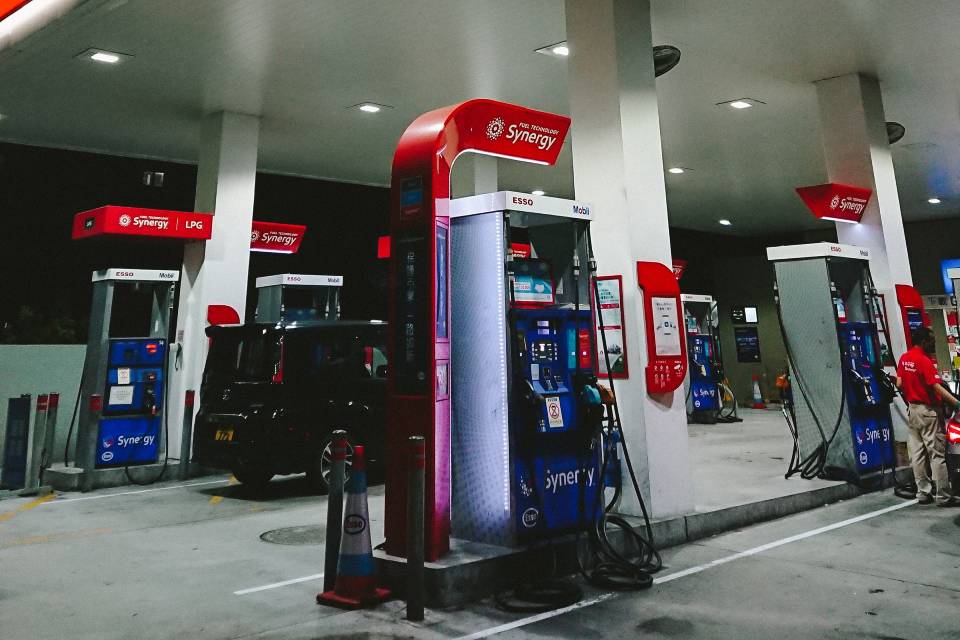With fuel supply problems meaning that petrol stations across the country are experiencing long queues and, in some cases, fuel shortages, now is the perfect time to learn how to drive more efficiently to save fuel.
To help motorists make their fuel go further and avoid returning to the forecourt queues, Euro Car Parts has shared its top five ways to save fuel by driving more efficiently.
Drive at one speed through speed bumps
Acceleration and deceleration whilst driving can mean extra fuel is used, and this includes driving over speed bumps, so learning how to properly tackle them could save motorists a lot of money.
Drivers can avoid unnecessary fuel consumption by driving at a constant speed and avoiding accelerating or braking too often in between speed bumps, which is when most fuel is used.
Strike the right balance with air conditioning
Using your car’s air conditioning can increase fuel consumption by up to 10%, however at higher speeds, opening windows will create wind resistance, which decreases efficiency.
Whilst stationary or at low speeds you should try to use your windows to keep cool and save the air con for use on the motorway, but even better try not to use it at all. Dress for the weather inside and outside the car so that you don’t have to use the heat settings as much.
Managing your revs
Most drivers barely look at the RPM (revolutions per minute) count when changing gear and rely on the sound or ‘feel’ of the engine. However, in doing so, you could be over-revving without knowing, and wasting fuel with each gear change.
The most fuel-efficient RPM to change up a gear is 2,500 for a petrol car and 2,000 for diesel. So next time you’re changing gear keep an eye on the revs count, stick to that number and the pennies you’ll save will soon stack up.
Additionally, try to avoid dropping your revs too low, as this could cause unnecessary strain on the engine and waste fuel. Staying above 1,500 revs in petrol and 1,300 in diesel cars should comfortably avoid this.
Slow down on high-speed roads
Driving at high speeds down dual carriageways and motorways means your engine is operating at a higher RPM than it is on slower roads.
However, by simply slowing down a little on those fast roads you could end up saving a lot of money. The most efficient speed to drive at is between 55-65mph, and driving at 70mph compared to 80mph on a motorway could save you 25% more fuel.
Turn your engine off
It might seem obvious, but it’s worth remembering that keeping your engine idle whilst stationary and not using your car still burns fuel.
Leaving your car running on a cold winter’s morning, or keeping the engine on whilst sat in stationary traffic, wastes a lot of unnecessary fuel. If you know you’re going to be stationary for some time, it’s a good idea to turn off the engine to conserve your petrol or diesel.
Helen Robinson, Corporate Communications Director at Euro Car Parts, said: “Driving more economically can save a lot more fuel and money than many motorists may realise. By following these tips not only are you kinder on your wallet, but you’re also helping to save fuel and cut down on unnecessary emissions”.
For more information on driving efficiently and saving fuel visit during the winter months visit: https://www.eurocarparts.com/blog/top-5-winter-driving-tips















